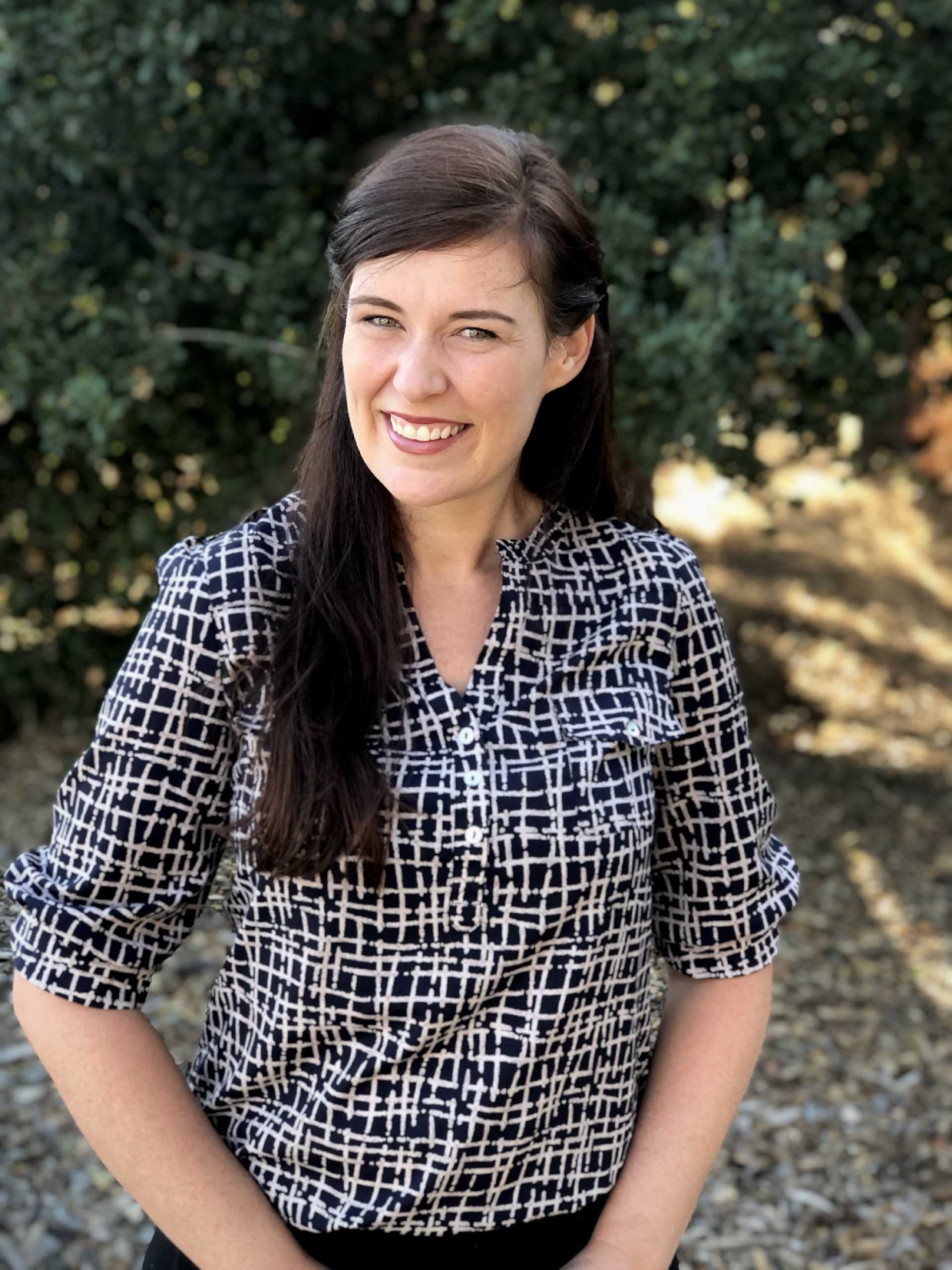Christy Lemire, M.Ed., BCBA
Christy Lemire is extremely excited to be a part of the School of Imagination team in creating a positive and inclusive environment where each child can feel successful and motivated to learn and engage with peers. She is a Board Certified Behavior Analyst (BCBA) who specializes in training caregivers and staff in implementing naturalistic, play-based behavior therapy for children with autism to increase social and communication skills as well as address challenging behaviors using positive strategies.
Christy was first introduced to naturalistic play-based behavioral therapy by Dr. Laura Schreibman, one of the founders of Pivotal Response Treatment (PRT), during her time as a student therapist in the Autism Research Program at the University of California, San Diego, where she earned her Bachelor of Science degree in Psychology. Naturalistic play-based behavioral therapy proved to be a perfect fit for Christy by merging her interest in behavioral psychology with her love of working with children. Following graduation, she worked at the University of California, San Francisco, as a child group therapist and project coordinator on a behavioral intervention study for children with ADHD funded by the Department of Education. She went on to pursue her BCBA certification and received her Master of Education in Special Education with a Specialization in Autism and Developmental Disabilities at the University of Texas at Austin. Since then she has spent the majority of her career as a case supervisor of behavioral therapy programs for clients ages 20 months through 14 years old. Most recently, she worked as a clinical research assistant for Dr. Grace Gengoux’s research studies on using PRT with children with autism at Stanford University.
Christy enjoys empowering caregivers with behavioral therapy tools and training that allow them to feel confident in teaching their children new skills and managing challenging behaviors. She works to establish a creative and positive atmosphere, believing that children acquire social and communication skills most effectively when enjoying the learning interaction.

